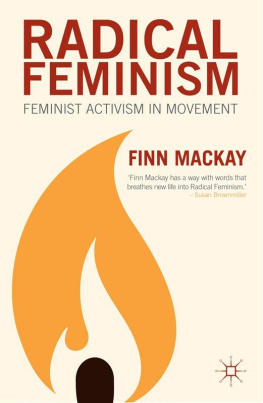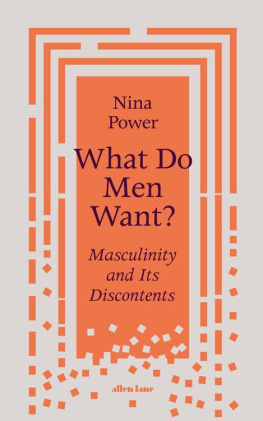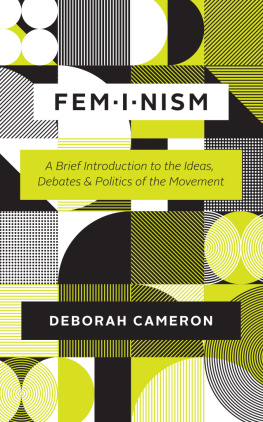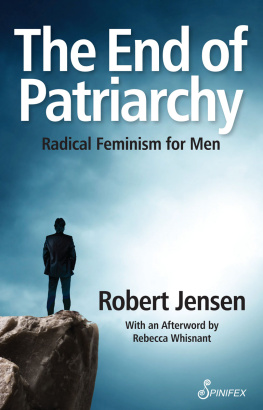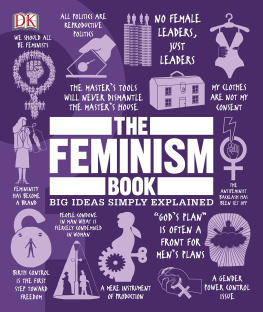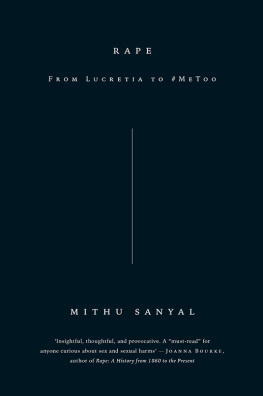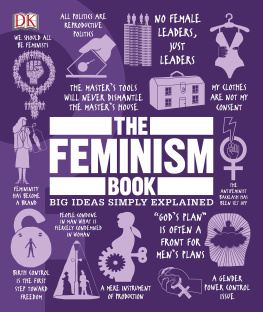Gerard Casey - After #MeToo: Feminism, Patriarchy, Toxic Masculinity and Sundry Cultural Delights
Here you can read online Gerard Casey - After #MeToo: Feminism, Patriarchy, Toxic Masculinity and Sundry Cultural Delights full text of the book (entire story) in english for free. Download pdf and epub, get meaning, cover and reviews about this ebook. year: 2020, publisher: Societas, genre: Romance novel. Description of the work, (preface) as well as reviews are available. Best literature library LitArk.com created for fans of good reading and offers a wide selection of genres:
Romance novel
Science fiction
Adventure
Detective
Science
History
Home and family
Prose
Art
Politics
Computer
Non-fiction
Religion
Business
Children
Humor
Choose a favorite category and find really read worthwhile books. Enjoy immersion in the world of imagination, feel the emotions of the characters or learn something new for yourself, make an fascinating discovery.

- Book:After #MeToo: Feminism, Patriarchy, Toxic Masculinity and Sundry Cultural Delights
- Author:
- Publisher:Societas
- Genre:
- Year:2020
- Rating:4 / 5
- Favourites:Add to favourites
- Your mark:
After #MeToo: Feminism, Patriarchy, Toxic Masculinity and Sundry Cultural Delights: summary, description and annotation
We offer to read an annotation, description, summary or preface (depends on what the author of the book "After #MeToo: Feminism, Patriarchy, Toxic Masculinity and Sundry Cultural Delights" wrote himself). If you haven't found the necessary information about the book — write in the comments, we will try to find it.
In After #MeToo, Gerard Casey provides a critical assessment of the #MeToo movement, situating it in the context of the radical feminism of which it is just the latest manifestation. Apart from its legitimating an indiscriminate attack on men and masculinity, Casey argues that the #MeToo movement has exposed a conceptual fault-line in radical feminist anthropology. Are women fully-developed moral agents, able to exercise moral choice and to take responsibility for what they do; or are women elements of a collective made up of the victims of sexual crimes, whose suffering is not just that of any one individual woman but of the group as a whole?
Caseys analysis of the #MeToo movement is prefaced by a brief typology of forms of feminism and by an account of the supposedly universal oppression of women by a malign patriarchy. He argues that if there is such a thing as the patriarchy, it is singularly and spectacularly ineffectual in its operation inasmuch as women, on the whole, are not only not oppressed in comparison to men but are rather the beneficiaries of legal and social privileges.
After #MeToo concludes with a consideration of the changing legal definitions of rape. Once understood to be essentially a crime of violence, rape has now come to be regarded as a violation of personal autonomy. In common law systems, a certain conception of consent is now central to the definition of rape, a conception that, Casey argues, is unworkable, at once infantilising women and, at the same time, potentially criminalising every sexual encounter in which a man is involved.
Gerard Casey: author's other books
Who wrote After #MeToo: Feminism, Patriarchy, Toxic Masculinity and Sundry Cultural Delights? Find out the surname, the name of the author of the book and a list of all author's works by series.


